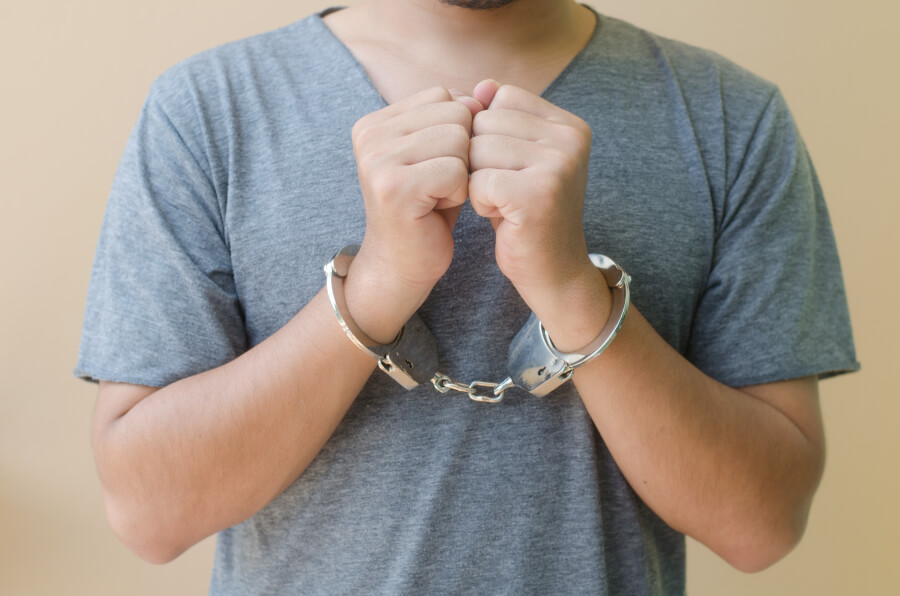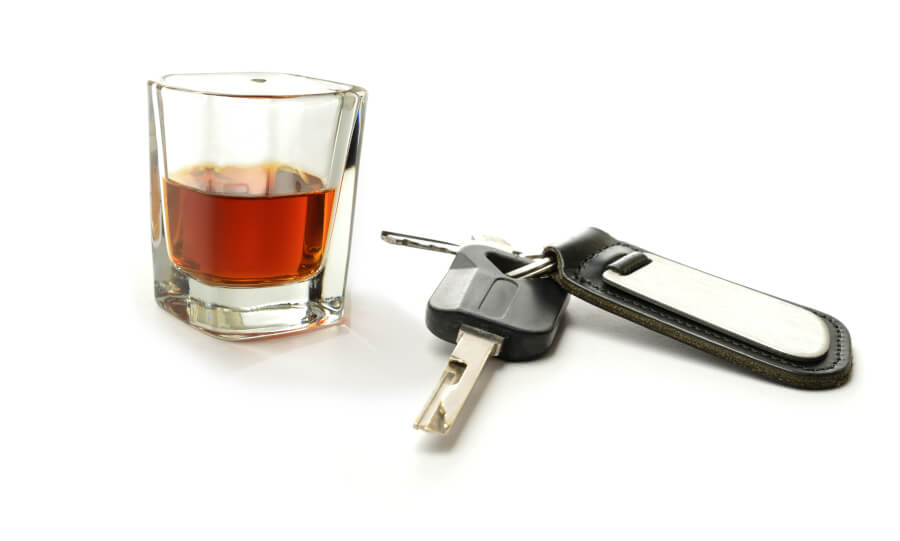When you’re arrested for an alleged crime by North Carolina law enforcement, you may feel devastated, frustrated, or just downright angry. However, it’s essential to remember that an arrest doesn’t mean you’re guilty, and you still have a battle in courts to prove your innocence, get the charges dropped, or seek reduced or alternative sentencing.
For this reason, it’s critical to contact an experienced Raleigh criminal defense attorney soon after you’re arrested. The main benefit of an attorney is the comprehensive representation you’ll receive, a diligent protection of your rights, and an advocate who’ll seek legal solutions. If you’ve been arrested, it’s important to not hesitate and contact one of Raleigh’s leading criminal defense lawyers by calling attorney Dewey P. Brinkley today at (919) 832-0307.
Why You Need a Criminal Defense Attorney
If you are looking at serious penalties, jail time, or other legal repercussions from an alleged crime, you’ll want the best criminal defense attorney fighting for you. If facing criminal prosecution, your defense attorney can help you understand some fundamental things, including:
- The nature of the charges filed against you
- The available defenses
- What plea bargains are likely to be offered
- What you can expect after trial or a conviction
Criminal defense attorneys, like us at the Law Office of Dewey P. Brinkley, have substantial experience in a wide variety of criminal cases, including felonies, misdemeanors, DWIs, drug crimes, white collar crimes, sex crimes, and more. As such, no matter the unique circumstances that led to your arrest and alleged charges, an experienced defense attorney will aim to:
- Reduce a criminal charge to a lesser offense
- Lessen the severity of the punishments
- Reduce or eliminate jail time
- Develop a sound defense strategy
How a Criminal Defense Attorney Can Help
As your actual lawyer, the criminal defense attorney has many roles to more effectively achieve the desired result. In short, your attorney will do more than just cross-examine witnesses that the prosecution calls to the stand. Some of the other tasks that your lawyer may conduct can include:
- Working with you and the prosecutor to negotiate a “deal,” also known as a plea bargain, to reduce or eliminate some or all of the charges filed against you.
- Helping to determine a positive sentencing program in case you’re sentenced guilty. For instance, instead of spending 10 months in prison, your attorney can argue for 6 months in prison and 4 months in a rehabilitation center, for instance.
- Helping you with the difficult emotions associated with a criminal trial.
- Providing a reality check that includes important insights into how the trial is going and what you can actually expect to happen in the near future.
- Pointing out essential legal rules and regulations that you might now know about.
- Explaining some of the hidden consequences associated with pleading guilty.
- Gathering statements, testimony, and evidence from witnesses that are to be called by the prosecution.
- Finding and hiring investigators to investigate the alleged crime.
- Finding and hiring expert witnesses that can show evidence or make the prosecution’s case less credible.
Call the Law Firm of Dewey P. Brinkley Today
When you call the Law Office of Dewey P. Brinkley, we’ll begin working on your case immediately. Together, we’ll go through the events leading up to your arrest, step by step, and search for any pieces of evidence, violations of your rights, and more. Our fundamental goal is to prove your innocence or, if you’re guilty and the evidence is thoroughly stacked against you, seek alternative or reduced punishments.
Time is often in short supply in these cases, so it’s important to act quickly. For your free consultation with attorney Brinkley, call our Raleigh law firm today at (919) 832-0307.





 Brinkley Law firm is proud to announce that
Brinkley Law firm is proud to announce that